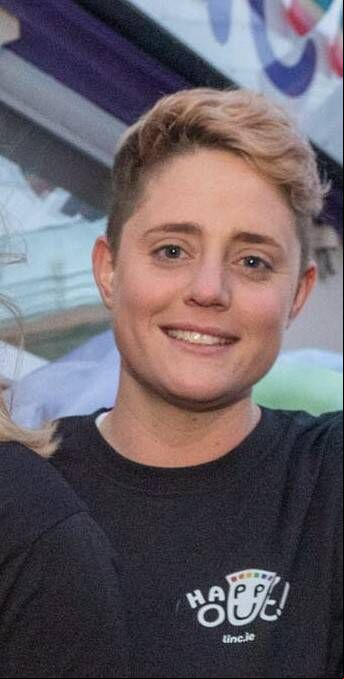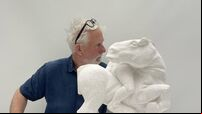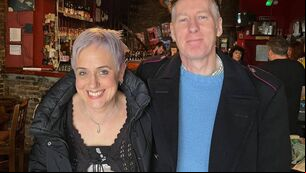New animation series encourages people to embrace all identities

Lord Mayor Cllr Colm Kelleher, Esther Huggins-Young, Community Liason LINC and Ciara Mulcahy, LINC Community Health Worker, at the Launch of ‘Esther Explains’, at City Hall, Cork. Picture: Jim Coughlan.

See www.linc.ie







 App?
App?


